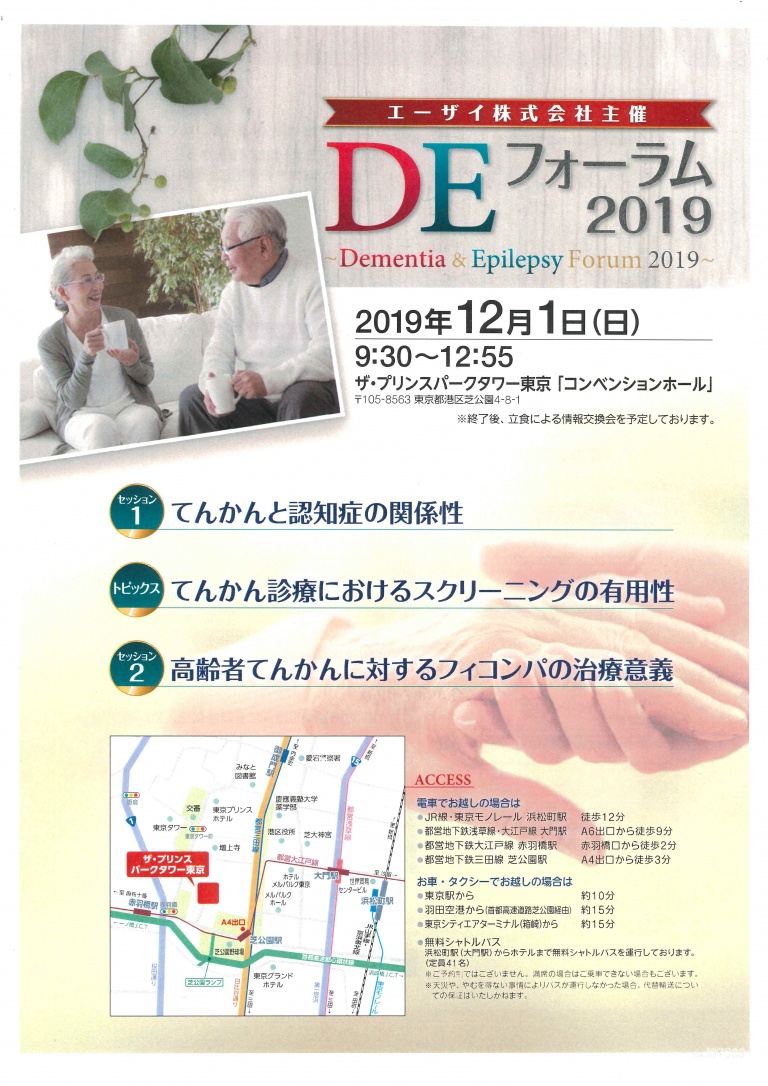

However, they do not play a significant role in accelerated forgetting. These are essential factors when investigating patients with epilepsy in general. Research has reported that low mood and low self-esteem are associated with memory problems. One study found “subtle loss of hippocampal volume” in patients, suggesting “a more diffuse physiological basis rather than b consequence of structural damage.” Anticonvulsant medicationĪntiepileptic drugs sometimes affect memory. However, this is unlikely to be the cause, as they tend to report memory problems before starting antiepileptic medications and may experience improvement in their memory after taking them. “Alternatively, the events could lead to structural damage within the hippocampus or related structures, disrupting union in the long term.” It’s possible that a pre-existing condition affecting the temporal lobe can cause seizures and interfere with memory management. Ongoing subclinical crisis activity has exciting implications for theories of memory consolidation. Abnormal electrical activity during sleep may disrupt the memory consolidation process that generally occurs when we sleep. Seizures commonly occur upon waking, suggesting a link between amnesia and sleep. Several non-mutually exclusive hypotheses have been proposed to explain why patients experience accelerated forgetting. A recent study indicated that the acquisition of current daily events may be typical after a 30-minute delay, but that within 24 hours, patients recall significantly less information than age. It becomes apparent over the next few days and weeks.

These tests typically examine the ability to store information for up to 30 minutes, but the problem of long-term accelerated forgetting is generally not noticeable at this time. Memory difficulties are one of the most common problems for people with epilepsy, and “75% of patients report persistent memory impairment.” Other studies suggest that the rate exceeds 80%, people who have had frequent attacks report three types of persistent problems with memory: A clear answer to anticonvulsant therapy. Seizures stopped in 44 of 47 patients treated in one study.About 40% of people report one of these symptoms in at least some attacks. The concurrent onset of other clinical features of epilepsy (e.g., lip licking or other involuntary automatic behaviors, olfactory hallucinations).Of these, 31.7% were on the left side, 12.2% were on the right side, and 56.1% were bilateral. In a survey of all known cases, 43.6% have epileptiform quirks located over the temporal or frontotemporal region on electroencephalography after the attack. Epileptiform abnormalities on electroencephalography.Slightly less than half of the cases include olfactory or gustatory hallucinations, and a little more than a third involve motor automatisms.Įvidence of a diagnosis of epilepsy based on one or more of the following: In episodes that begin when an individual is vigilant, olfactory hallucinations or a “strange taste” or nausea have been reported. The amnesic attack has a sudden onset three-quarters of cases are reported upon awakening. Some people report short-lived retrograde amnesia so profound that they do not recognize family or home, although personal identity is preserved. Even memories of events Important in later years may not be accessible during the amnesic event (retrograde amnesia). Treatment of transient epileptic amnesiaĪ person who experiences an episode of this amnesia has very little short-term memory, so there is great difficulty remembering events in the last few minutes (anterograde amnesia) or events in the hours before the attack.Implications for theories of memory about transient epileptic amnesia.Diagnosis of transient epileptic amnesia.Symptoms of transient epileptic amnesia.


 0 kommentar(er)
0 kommentar(er)
